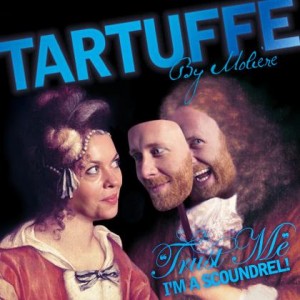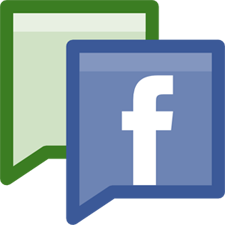Hi gang!
More of a series of questions and less of a proposal (I suppose that’s why were at THATCamp LAC, right?)…
Musicians (specifically composers) in academia are behind the curve in our pedagogical evolution apropos technological advancements and an increase in the number of digitally-native students in music classes. I’m hoping the questions/problems/concerns I’m going to raise are actually the same as or similar to ones you have already come across in your respective fields!
Here’s the gist: composition is the wielding and manipulating of a musical palette comprised of very small elements: notes. While some music conservatories will allow undergraduate students to “specialize” in an area (wind ensemble composition), most colleges—particularly LACs—ask students to learn to write coherently and idiomatically in multiple styles and genres. In these settings, technology has traditionally been used in one of two venues: as a tool for notation (many composers use software like Finale or Sibelius instead of pen and paper), or through the genre of electronic music.
So what’s wrong?
Students who are entering college are part of the iGeneration which touts applications like Apple’s Garageband as a device to aid in composing music. Using Garageband, burgeoning composers typically manipulate “loops” rather than individual notes to create a piece of music that is self-performing; there is no resulting “score” and the computer is the performer. Many in academic music feel this process is more akin to digital DJing and not true “composition” and should not be part of the undergraduate curriculum.
Like it or not (and I’m still very much undecided on the issue), Garageband has become a gateway for students interested in pursuing a degree in music composition and they often become upset when they get to college and see that what they’re creating “doesn’t count” as composition despite the process being remarkable similar.
Here are my questions:
What’s the difference between synthesis and composition?
Is analog composition (“traditional” writing) actually different from digital composition (Garageband)? Is it even “digital composition” or “digital synthesis?” Are the skills the same at any rate?
Does Garageband fit into the traditional “electronic music” genre that students typically study, or is it really a different animal? If so, where does it fit into the curriculum?
If a student can compose in multiple genres through Garageband, do they ever need to write note-by-note?
More aptly: if I ask a student to compose a piece for strings and the student turns in a Garageband file that digitally puts together dozens of synthetic or prerecorded string sounds, has the student done what I asked?
Most academic composers I know do NOT consider Garageband as legitimate means of composing, but I’m not so sure…
I’d love your thoughts! If this is something anyone is interesting in helping me think through, I’d be delighted to demonstrate both types of composition (and hear the products!) so you can see the similarities and differences for yourself!



